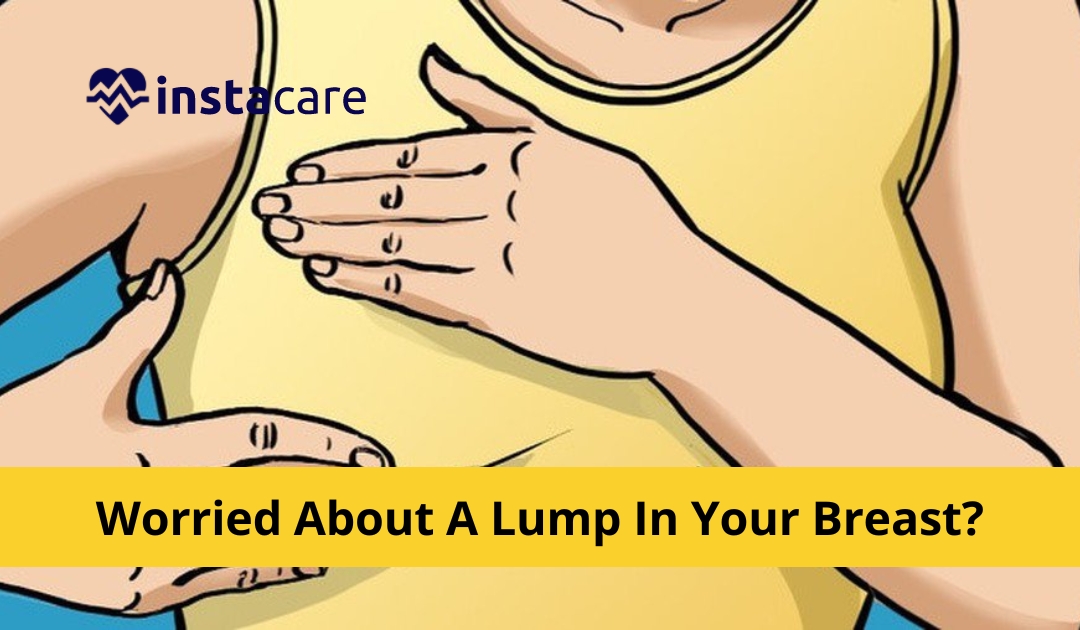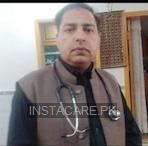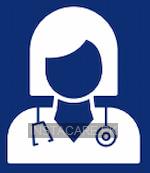Do you ever feel something suspicious or unusual when examining your breasts? While most lumps are completely benign and nothing to worry about, it's important to know when a bump should be examined further by your doctor. In this blog post, we'll explore the causes of breast lumps and discuss the warning signs that mean you should have it checked out as soon as possible. From fat necrosis to cysts, fibroadenomas and more – understanding how and when to be concerned is invaluable knowledge for both men's and women's health. Let’s take a closer look at what could be behind those pesky lumps in your chest....
What is a lump in your breast?
A lump in your breast is an area of tissue that feels different from the surrounding tissue due to underlying differences in composition or other characteristics. While most lumps are benign, it is important to have them checked out by a physician as some may be indicative of an underlying cancerous growth. It is possible to detect some lumps simply through self-examinations, although you should always make sure to seek professional help if you find any unusual changes or irregularities in your breast. Generally speaking, if caught early enough, most breast abnormalities can be treated in a timely manner with positive outcomes.
Symptoms lump in your breast
If you find a lump in your breast, it is important to monitor this closely and consult with your doctor. They can determine if the lump is cause for concern and run any necessary tests to make sure it isn't something more serious like cancer. If tests indicate something suspicious, you may need further imaging such as an ultrasound. Additional treatments may be required to prevent cancer or mitigate existing cancer cells. It is especially important for those under 50 years old, who are in the higher risk age bracket for developing breast cancer to frequently self-check for lumps and ensure that any abnormalities are monitored or examined professionally. By paying attention to changes in our bodies, we can take proactive steps to reduce the risk of illness before it becomes a chronic problem.
When should you worry about a lump in your breast?
Worrying about a lump in your breast may be distressing, but it's important to be aware of any physical changes you experience. It's generally advised that if you find a lump in your breast, you should have it checked out immediately by a medical professional. Checking with a doctor sooner rather than later is important due to early detection when it comes to breast cancer - the earlier it is detected and treated, the chances of survival are higher. Even if it appears harmless, having it looked at by a doctor can help ease any worry and is the best step to take for peace of mind. If a doctor doesn't believe the lump looks alarming, they may recommend waiting until your next checkup or mammogram to decide whether further action needs to be taken.
View More: Breast Lumps Causes Types And Treatment
How to get a diagnosis if you find a lump in your breast?
If you find a lump in your breast, the best thing to do is to speak with your healthcare provider as soon as possible. Your healthcare provider can order tests and procedures, such as a mammogram or biopsy, to determine if the lump is benign or malignant. If the lump needs to be tested further, you may require an ultrasound, x-ray, or magnetic resonance imaging (MRI). Receiving a diagnosis can be very anxiety-inducing; however, with early detection and monitoring of results along with prompt medical care and treatment if necessary, patients have better outcomes.
What are the treatment options for lumps in the breast?
One of the most common types of lumps in the breast are cysts, which are noncancerous. Treatment for cysts typically involve draining and aspirating the fluid, or surgically removing them. For solid lumps, biopsies are often performed to determine if they are cancerous or not. Once the pathology report arrives, further treatment may be necessary depending on what type of contact it is and how quickly it should be addressed. Treatment options can range from hormone therapy, chemotherapy, radiation therapy and surgery. Working with your physician is essential when determining the best course of action for treating a lump in the breast.
How to cope with a diagnosis of breast cancer?
Coping with a breast cancer diagnosis can be overwhelming and difficult, especially if the diagnosis is unexpected. However, it can also be a time to focus on taking control of your health and lifestyle. It's important to stay connected to a support system, whether it be family, friends or other members of the community who have faced a similar situation; they may understand what you are going through and offer advice. Additionally, seeking reliable information about treatments and prevention methods can help patients feel more empowered and confident as they manage this life-changing event. Another way to cope emotionally is to write in a journal, talk to others about your feelings, practice relaxation techniques such as yoga or meditation and maintain an overall positive outlook. Most importantly, attending regular check-ups with your doctor will allow you the opportunity to address any concerns in order to keep track of your progress. Although coping with a breast cancer diagnosis can be challenging, there are many practical steps that can be taken towards managing the condition in order to carry on living life in a meaningful way.
Conclusion
If you have any of these symptoms or are concerned about a lump in your breast, be sure to visit your doctor. They will be able to help determine if you need further testing or treatment. Early detection is key when it comes to cancer, so don’t delay in seeking medical attention if you are concerned about a lump in your breast.
Please book an appointment with the Best Doctors For Breast Cancer in Pakistan, Karachi, Islamabad, and all major cities of Pakistan through InstaCare, or call our helpline at 02137136090 to find a verified doctor for your disease.





